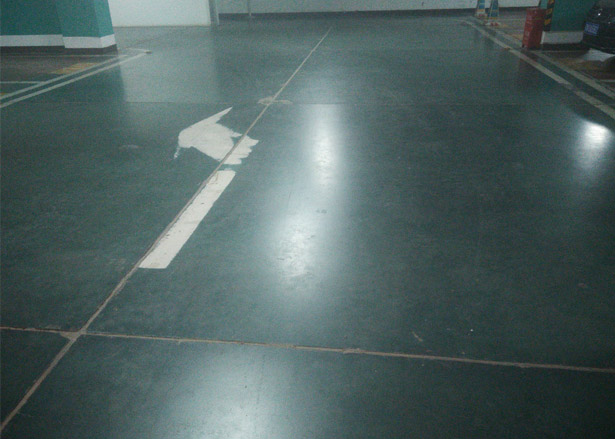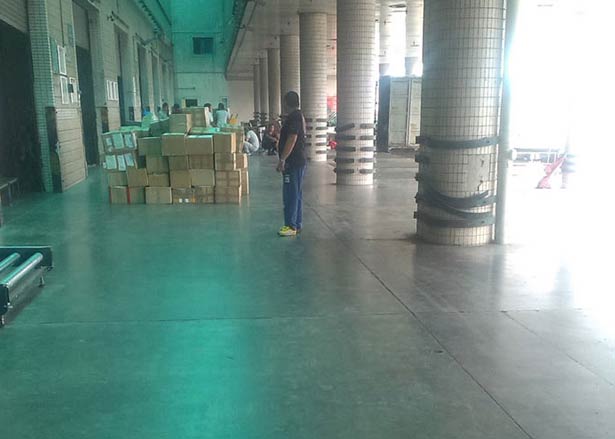## Lightweight Stainless Fiber for Filtration: Mechanisms and Applications
Lightweight stainless fiber filtration is an advanced technology that offers significant advantages in various industrial applications. The core premise of this filtration method lies in the unique properties of stainless steel fibers, which include high tensile strength, durability, and excellent resistance to high temperatures and chemical corrosion. This makes them ideal for demanding environments.
The structure of lightweight stainless fiber filtration systems consists primarily of fine stainless steel fibers woven or layered together. These fibers create a porous medium that is capable of effectively trapping particles, while still allowing for optimal fluid flow. The small diameter of these fibers increases the total surface area available for filtration, resulting in improved efficiency and a higher dirt-holding capacity compared to traditional filtration technologies.
When a fluid passes through the filtration system, particles within that fluid are captured by multiple mechanisms, including sieving, deep bed filtration, and inertial impaction. The sieving mechanism traps larger particles on the surface, while smaller particles become entrapped in the fiber matrix through deep bed filtration. Inertial impaction further assists by causing particles to collide with the fibers, which aids in capturing even the tiniest contaminants.
Advanced technology plays an integral role in the efficient production of lightweight stainless fibers. Innovations in manufacturing techniques, such as electrospinning and 3D printing, allow for precise control over fiber diameter and arrangement, leading to optimized filtration performance. Furthermore, automated processes ensure consistent quality, reduced labor costs, and enhanced productivity, which are vital to meeting the demands of modern manufacturing landscapes.
Practical application scenarios for lightweight stainless fiber filtration are extensive. In the food and beverage industry, for instance, these filters are used to ensure the purity of liquids, such as juices or oils, by removing unwanted particles and microorganisms. In the automotive sector, stainless fiber filters are implemented in combustion systems to effectively manage emissions and improve engine performance. Similarly, in pharmaceutical manufacturing, the filtration technology ensures sterile production environments by eliminating contaminants that could compromise product integrity.
In conclusion, lightweight stainless fiber filtration represents a significant advancement in filtration technology. Its unique structural properties combined with modern manufacturing techniques provide an efficient means to achieve high-performance filtration across various industries. If you're interested in learning more about lightweight stainless fiber filtration and exploring potential suppliers, please contact us for further information.
Show More >>
PRODUCTS
You are welcome to contact us at any time, please write the message here and we will reply you in 24 houre. thanks foryour support.
NEWS
May.22, 2019



